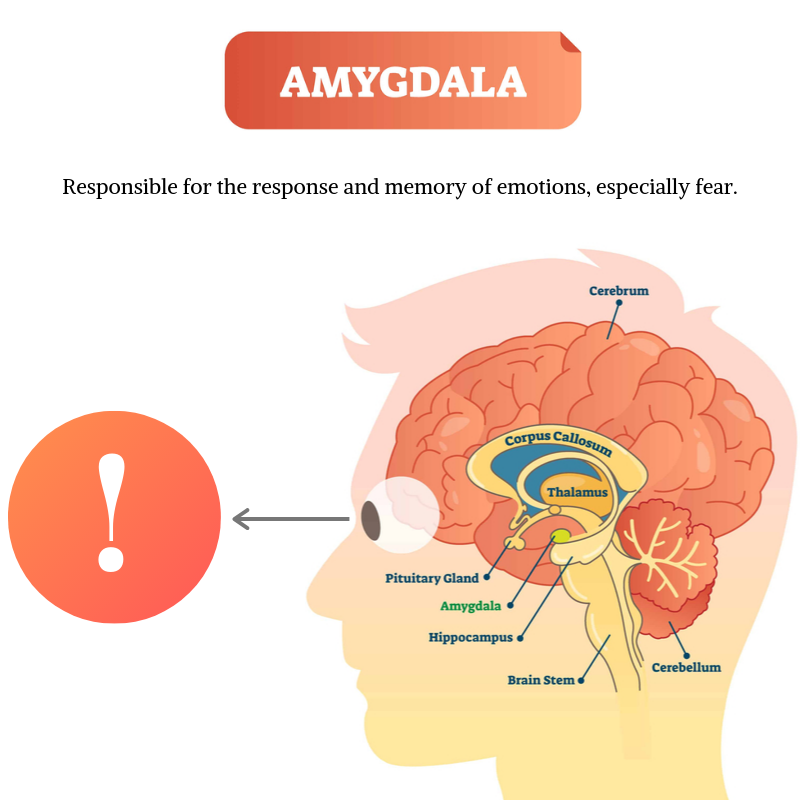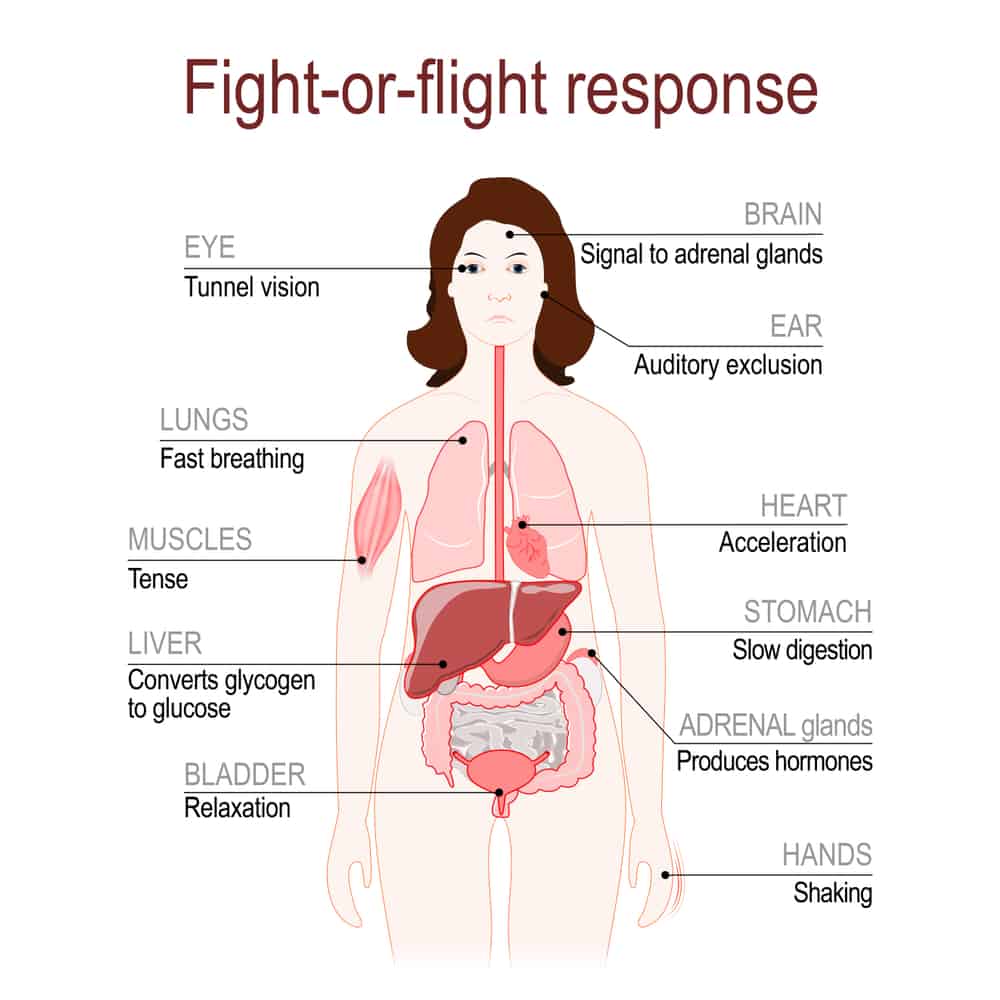Since the late 1970s, there have been over 1,000 publications reporting the effectiveness of mindfulness in managing symptoms of chronic illnesses, including conditions like heart disease, stroke and arthritis. Mindfulness training is a type of meditation that involves breathing methods, guided imagery, and other practices.
The goal of any mindfulness technique is to achieve a state of alert, focused awareness by deliberately paying attention to thoughts and sensations without judgment. This allows the mind to refocus on the present moment and can give one the enhanced ability to deal with illness.
It may sound like a simple at first but anyone who has tried meditation on their own can tell you, it is not easy. The good news is that with the help of a professionally trained mindfulness coach, anyone can be guided through meditation and with practice it can become habit.
Mindfulness Helps to Decrease Stress
In addition to disease specific symptoms, people with chronic illness commonly experience stress. Whether it is worrying thoughts about recovery and the future, the ability to return to your life as it was, or financial difficulties; the stress of chronic illness can lead to a host of symptoms including pain, fatigue, depression and cognitive issues.

There is evidence that mindfulness can help alleviate stress by regulating the amygdala, the area of the brain responsible for emotional response (Remmers, Topolinski, & Koole, 2016). Those who practice mindfulness have a better response to stress.
Mindfulness helps to address our autonomic nervous system and the specific responses to fight or flight and rest and digest. People who practice mindfulness are able to navigate better through the fight or flight response and do not live their lives with an “overloaded” autonomic nervous system.

A study by Donald and Atkins (2016) found evidence that mindfulness produced less avoidance and more approach coping as a response to stress than relaxation or self-affirmation controls.
By its very nature, the practice of mindfulness helps with focus and attention. To be specific, bringing attention back to the breath each time you feel your mind wandering during meditation helps strengthen the brain’s neural circuitry for focus.
At Propel Physiotherapy, we provide mindfulness training in group settings, as well as one-on-one sessions — in-person or over the phone — to help clients foster mindfulness practice in their daily lives.
We have seen the positive effects of mindfulness in practice with clients firsthand; and our knowledge of neurological injuries allows us to custom tailor sessions to suit individual needs.
Contact our clinic to find out more about the benefits of mindfulness training and what it can do for you or to book a session with mindfulness coach Kathy Mileski.
.
Written by








